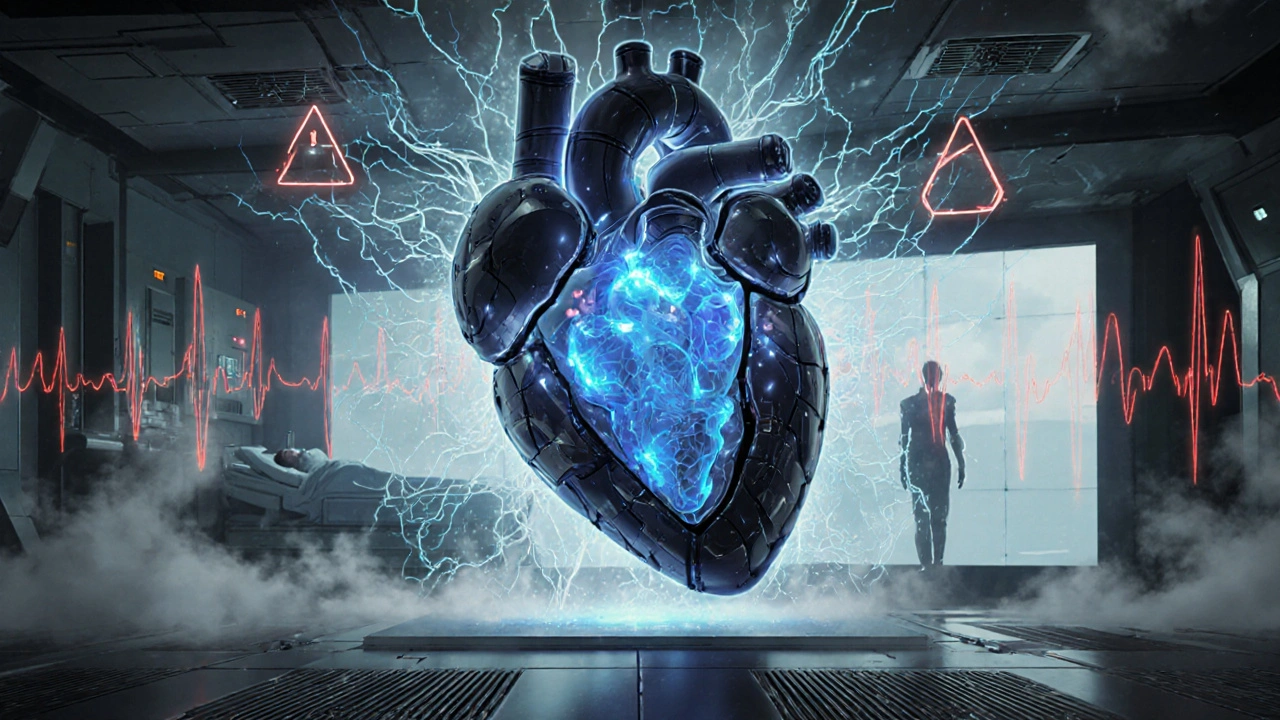Mood Disorders: Causes, Treatments, and What Actually Works
When someone talks about mood disorders, a group of mental health conditions that disrupt emotional balance, including depression and bipolar disorder. Also known as affective disorders, they’re not just feeling sad or moody—they’re persistent, overwhelming, and often interfere with work, relationships, and basic daily tasks. Millions live with these conditions, and many don’t realize their symptoms are part of a treatable medical issue, not a personal failing.
Depression, a mood disorder marked by lasting sadness, loss of interest, fatigue, and sometimes thoughts of self-harm is one of the most common. It doesn’t just show up after a bad day—it lingers for weeks or months, even when life seems fine on the surface. Then there’s bipolar disorder, a condition where mood swings between extreme highs (mania) and deep lows (depression) happen without warning. These aren’t mood swings from stress—they’re biological, often linked to brain chemistry, genetics, and sometimes triggered by sleep loss, trauma, or medication changes.
Many people turn to antidepressants, medications designed to balance neurotransmitters like serotonin and norepinephrine to ease symptoms of depression and anxiety because they work for a lot of people. But they’re not magic pills. Some take weeks to kick in. Others cause side effects like weight gain, low sex drive, or nausea. And not everyone responds to the same drug. That’s why doctors often try different types—SSRIs, SNRIs, or even atypical options like bupropion—before finding what fits. Meanwhile, anxiety, a frequent companion to mood disorders, often showing up as constant worry, panic attacks, or physical tension can make everything feel worse. Treating anxiety often helps the mood disorder too.
It’s not all pills. Therapy, especially CBT, has strong evidence behind it. Exercise, sleep hygiene, and reducing alcohol or caffeine can make a real difference. Some people find relief with light therapy, mindfulness, or even supplements like omega-3s—though these aren’t replacements for professional care. What works for one person might do nothing for another, and that’s okay. The key is finding your path, not following someone else’s.
The posts below dig into real-world treatments, comparisons, and patient experiences. You’ll find guides on medications like Abilify, how ADHD drugs like atomoxetine can affect mood, and how tinnitus and chronic illness can worsen emotional health. No fluff. No guesses. Just clear, practical info from people who’ve been there—and the research backing it up.
Heparin Sodium and Mental Health: How Anticoagulation May Influence Mood and Cognitive Function
Heparin sodium is used to prevent blood clots, but new research shows it may also affect mood and memory. Learn how anticoagulation connects to mental health and who should watch for side effects.
